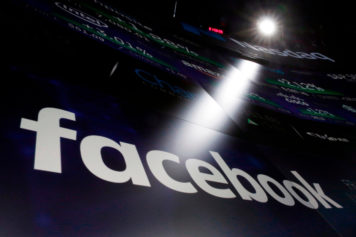About 83 million Facebook accounts are fake, the embattled social network stated in a recent Securities and Exchange Commission filing.
Last week, the company reported in its first quarterly earnings report that it had 955 million active users. However, in Facebook’s 10-Q filing published Wednesday night, the company admitted that about 8.7 percent of these accounts were fake.
That translates to 83.09 million fake accounts.
In March, Facebook stated in an SEC filing that it estimated about 5 to 6 percent of user accounts were fake, which at the time meant that between 42 million to over 50 million user profiles were not real.
“While we recently refined and improved our methodology for recognizing what we call duplicate or false accounts, we believe this does not change the return on investments we deliver to advertisers,” a Facebook spokerspon said in a statement to CNBC.
Facebook has dedicated teams that are constantly monitoring and removing false accounts, the spokesperson said.
“Authentic identity is important to the Facebook experience, and our goal is that every account on Facebook should represent a real person,” the spokesperson said.
In the recent filing, Facebook broke down their estimates of fake accounts into three categories.
According to the company, about 4.8 percent of monthly active users were “duplicate accounts,” which is an account that a user maintains in addition to their primary account; about 2.4 percent of the monthly active user accounts were “misclassified accounts,” or accounts that represent an entity besides the user, such as a business or a pet; and about 1.5 percent of the accounts were “undesirable accounts,” or accounts that purposely violate Facebook’s terms of service, such as spamming.
Facebook does allow profiles for businesses, organizations and other entities. However, users are supposed to use a Facebook Page instead of a personal profile for these purposes, according to the filing.
“We are continually seeking to improve our ability to identify duplicate or false accounts and estimate the total number of such accounts…
Read more: USA Today


